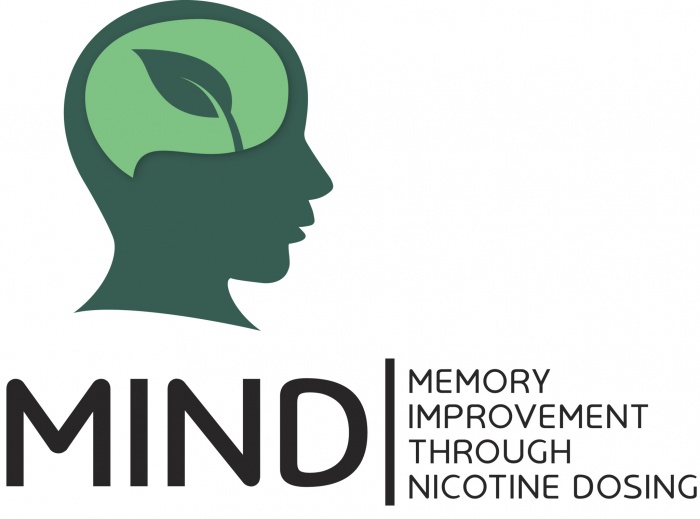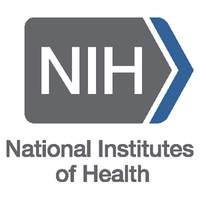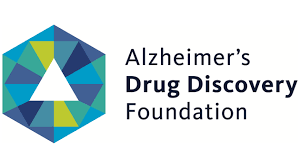With funding from the National Institutes of Health (NIH), the MIND (Memory Improvement through Nicotine Dosing) Study is testing whether the use of nicotine, delivered in patch form, can safely improve memory and functioning in people who have been diagnosed with mild memory loss or mild cognitive impairment (MCI).
Some people may be hesitant to join a study involving nicotine, because the risks from smoking are well known.
However, nicotine does not cause cancer, heart disease, or respiratory illness. It’s the tar and thousands of other chemicals in cigarettes that do.
In fact, researchers have used nicotine in memory studies for more than 30 years. Nicotine, when used as prescribed by a physician, may be safe and may have medicinal benefits.
The MIND Study is by far the largest and longest-running study of its kind, testing whether nicotine can improve memory loss. No tobacco companies are involved in the design, financing, or management of the Study.
The MIND Study is no longer accepting new participants.
For study updates visit: MINDSTUDY.ORG
Frequently Asked Questions
-
Nicotine is most commonly known as an ingredient in cigarettes, but it may also have medicinal benefits. When not associated with smoking, researchers believe nicotine can stimulate brain systems associated with memory and attention and be used to treat conditions like memory loss, mental illness, and Parkinson’s disease.
-
Nicotine does not cause cancer. Fifty years of public health messaging has been instrumental in helping people understand that smoking is detrimental to your health and may cause cancer, however nicotine is not to blame. It’s the tar and thousands of other chemicals found in cigarettes that make smokers susceptible to cancer, heart disease, and respiratory issues. A small amount of nicotine absorbed through a patch on the skin is not the same as inhaling tar and other chemicals through the lungs while smoking.
-
Researchers have used nicotine in memory studies for more than 30 years, and there appears to be no risk of dependency or addiction when using the nicotine patch to treat mild memory loss or mild cognitive impairment (MCI). In an earlier study, researchers used the nicotine patch to treat MCI in non-smokers, and there were no signs of withdrawal symptoms or cravings after stopping use of the patch. In this same study, participants using nicotine patches showed more improvement in attention and memory than those using the placebo patches containing no nicotine.
-
All medications can cause side effects, but most people have no, or minimal, side effects when using the nicotine patch in memory studies. If they occur at all, the most common side effects are nausea, dizziness, and headaches, which typically go away very quickly. An important part of the screening process is to review your medical history and current medications to determine whether this study is right for you.
-
Nicotine stimulates systems in the brain related to attention and memory. Researchers believe nicotine can imitate these naturally occurring chemicals in the brain and be used to treat memory loss, among other medical conditions. In fact, researchers have used nicotine in memory studies for more than 30 years. The MIND Study is by far the largest and longest-running study of its kind testing whether the safe use of nicotine, delivered via a patch, can improve memory and functioning in people who have been diagnosed with mild memory loss, or MCI.
-
We know from earlier studies that short-term use of the nicotine patch produced some improvement in those already experiencing mild memory loss. It’s important to note, however, that treatment with the nicotine patch has not yet been studied and is not recommended to prevent memory loss in healthy people.






